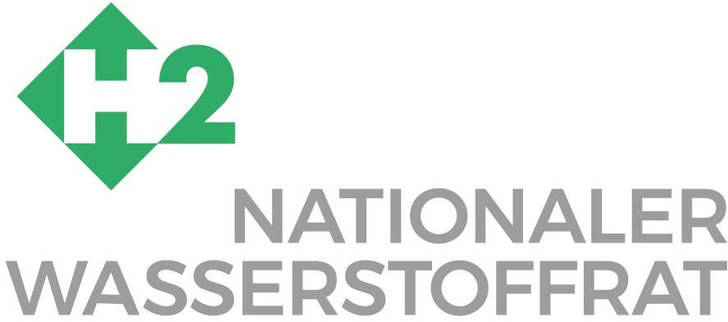In a recent statement, the National Hydrogen Council (NWR) formulated eight key theses for the further development of Germany’s hydrogen policy. The aim is to combine the transformation towards a climate-neutral economy with an internationally competitive industry. The proposals are addressed to policymakers and are intended to be taken into account in the upcoming legislative period.
The NWR calls for a stronger integration of climate protection, industrial policy and energy security. Pragmatic and flexible approaches are necessary during the ramp-up phase of the hydrogen market. Complex or ineffective regulations could hinder market development, the paper states. Instead, the regulatory framework along the entire value chain must be simplified in order to enable investments and reduce market entry barriers.
A central concern of the Council is the rapid expansion of hydrogen infrastructure. This includes transport networks, storage solutions and import terminals. Only in this way can hydrogen be made available economically and securely. In addition, the NWR emphasizes the importance of functioning markets: hydrogen and its derivatives must be available as tradable commodities on liquid markets. This requires reliable demand and supply structures as well as international certification systems.
The Council also calls for a comprehensive political approach with clear target models, planning certainty and adequate funding. Public and private stakeholders must be equally involved. “Policymakers must now set the course for a successful hydrogen economy,” the statement says.
The National Hydrogen Council was established in June 2020 as part of the German government’s National Hydrogen Strategy. It consists of 26 experts from industry, science and civil society. The chair is Dr. Felix Chr. Matthes. The Council advises the State Secretaries’ Committee for Hydrogen with recommendations for action on the implementation and further development of the strategy.



